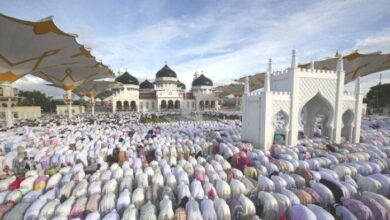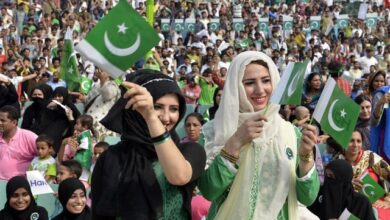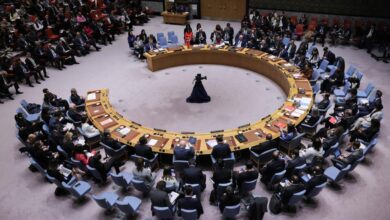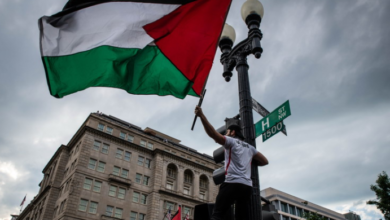The Footprints of Three Brothers in Bugis Land
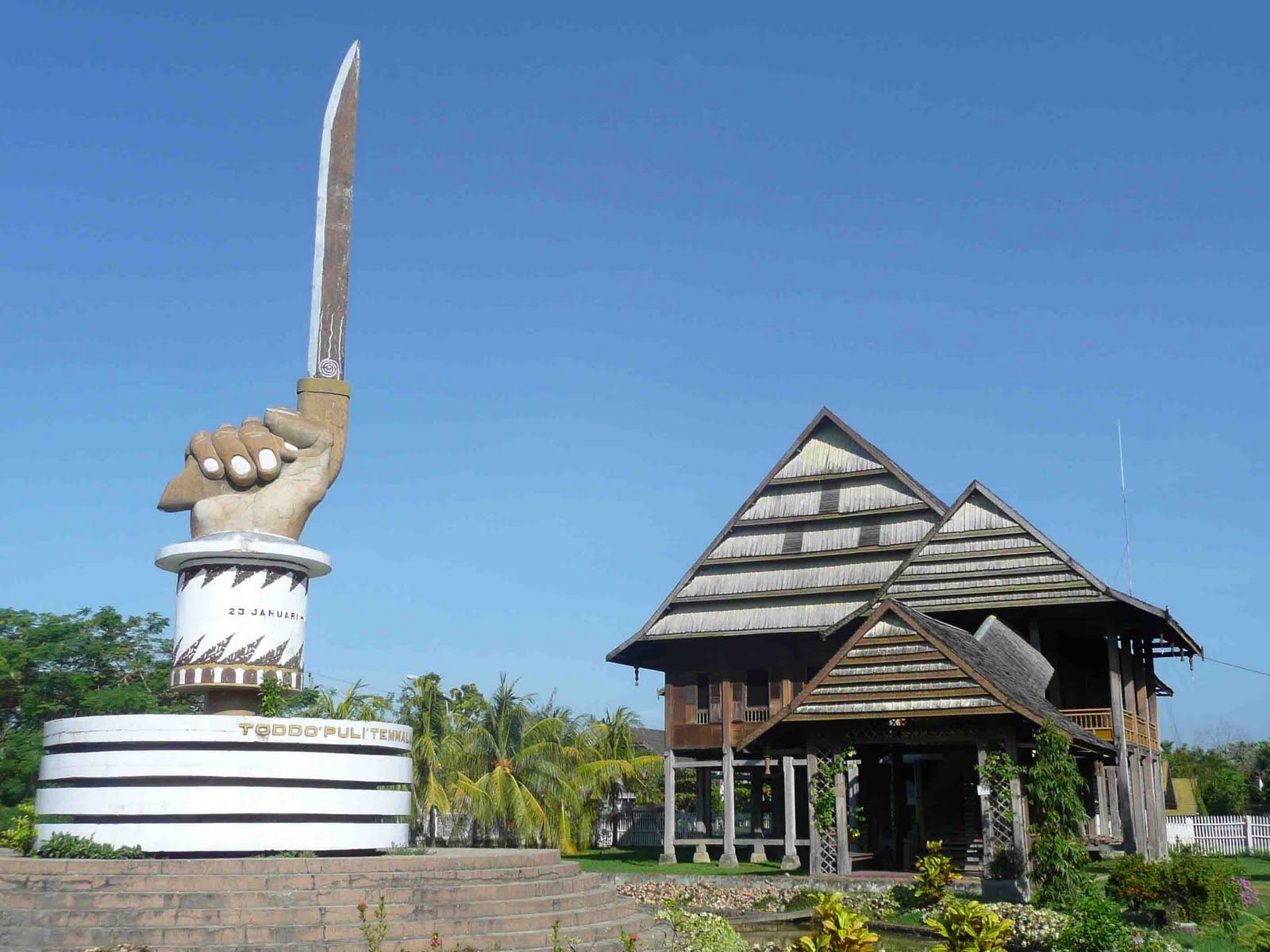
[Historical Short Story by Fatchuri Rosidin]
That day in 1593, the Sultan of Aceh Alauddin Ri'ayat Syah summoned 3 ulama brothers from Minangkabau. They are Abdul Makmur who is usually called Khatib Tunggal, Sulaeman (Khatib Sulung), and Ahmad Jawwad (Khatib Bungsu). They are scholars who graduated from the Giri Kedaton hermitage in Gresik, which was founded by Sunan Giri. Beside the Sultan sat Shaykh Syamsuddin as-Sumatrany; respected ulama in the Aceh sultanate as well as royal advisors and Qadhi Malikul Adil; leader of da'wah and Supreme Court Judge of the Sultanate of Aceh Darussalam.
“I received news from Malay merchants in the kingdom of Gowa who reported on Portuguese movements there. Apart from trading, the Portuguese deployed missionaries to spread Catholicism in Gowa and other kingdoms in Bugis. It is not impossible that this will lead to the conquest of the kingdoms in the archipelago as they did in Malacca, Samudera Pasai and Ternate, ”said Sultan Ri'ayat Syah.
Since the Portuguese attacked and controlled Malacca in 1511, trade in the waters of Malacca has been damaged. The Portuguese had a monopoly on the trade for control over the most valuable spices. Even though Aceh and Malacca have been international trading ports for hundreds of years. Finally, Malay, Arabic, Chinese, Indian and Persian traders shifted their business transactions to Aceh, Sunda Kelapa, Banten, Cirebon, Gresik and Gowa.
In 1542 the Portuguese envoy Antonio de Payva came to Sulawesi to spread the Catholic mission. Their arrival traumatized the Malay Muslim traders who had been living in Gowa for a long time since the expulsion carried out by the Portuguese in Malacca.
Not only Malacca, the Portuguese also attacked Sunda Kelapa in 1527. Luckily Demak, Cirebon and Banten united and succeeded in expelling them. In 1575 the Portuguese also attacked Ternate. Even with great sacrifice, Sultan Baabullah managed to defend his country.
"We will establish closer friendship cooperation with the kingdom of Gowa-Tallo and send preachers to strengthen preaching there and stem the Portuguese Catholic mission," continued Syekh Syamsuddin. "His Majesty Sultan Ri'ayat Syah will assign the three of you to preach in Gowa and the surrounding kingdoms. What do you think? "
"God willing, we are ready to do it," said Abdul Makmur after discussing it with his two brothers.
The missionary journey began. The three brothers left for Gowa by boarding the Aceh merchant ship. Sulawesi is not a new area for Abdul Makmur. He had previously preached there before moving to Kutai Kalimantan and preaching with Habib Hasyim bin Musyayakh, better known as Tuan Tunggang Parangan and Islamizing the king of Kutai.
The port of Gowa is filled with ships from Java, Malay, Arabic, Indian, Persian, Chinese and European. Since Malacca and Ternate were controlled by the Portuguese, Gowa has become one of the centers of international trade in the eastern archipelago. The most dominant Malay traders. They bought spices and marketed it to India and Arabia.
The exodus of the arrival of Malay merchants since the Portuguese control of Malacca in 1511 slowly made the port of Gowa even more crowded and finally advanced the economy of the Gowa kingdom. Many of them later lived and settled in Gowa. Their friendly attitude makes it easy for them to mingle with the people of Gowa.
The existence of Malay merchants has been getting stronger since the 10th King of Gowa Karaeng Tonipalangga appointed a Muslim figure from Malay named I Daeng Mangallekana to become the Gowa Shahbandar who is responsible for managing trade traffic at the port. This position was handed down from generation to generation to Malay Muslim merchants for more than 100 years until the arrival and conquest of the Dutch VOC in 1669. Not only syahbandar, important royal positions such as palace clerks were also held by Muslim immigrants from Malays. King Tonijallo who led the next Gowa even built a mosque as a gift for the Malay Muslim community who were considered to have contributed to advancing the economy of Gowa.
Even these three scholars arrived at the port of Somba Opu and were welcomed by the Malay Muslim community. Before starting their preaching, they studied the structure and culture of the community to make it easier to convey their preaching. On the advice of Malay Muslim leaders, they were advised to start their preaching in Luwu, the oldest kingdom in Sulawesi whose territory includes Tana Luwu, Tana Toraja, Kolaka, and Poso. Luwu was the origin of the leaders of other kingdoms, so that if Islam had been accepted by the King of Luwu, it would facilitate the acceptance of other kingdoms.
The three ulama brothers went to Luwu via the Gulf of Bone taking a sea trip of 400 kilometers. They arrived in Luwu and began their preaching in the Bua area, 20 kilometers south of Palopo. The Luwu people adhere to the Sawerigading belief and worship gods. Sawerigading is believed to be the grandson of Batara Guru who was born in 564 and the ancestor of the Luwu community.
In Bua, Abdul Makmur and Sulaeman's preaching attracted the interest of the community and later accepted Islam, including the traditional leader of Madikka Bua named Tandipau. In 1594, the Bua mosque was built in the village of Tana Rigella and it became the center of Islamic preaching.
"We want to invite the King of Luwu Datuk Pattiware to get to know Islam," said Sulaeman to Tandipau one day. "Can you set us up with the Pattiware King?"
"Of course," answered Tandipau. "I will take Datuk both to meet His Majesty the King. But allow me to keep Islam a secret until His Majesty the King of Pattiware accepts it. "
The next day, they left for the Luwu palace in the Malangke area. King Luwu La Pattiware Daeng Parabu was a very respected king. Not only by the people of Luwu, but also other kingdoms in West and South Sulawesi. He was known as a smart and wise king.
"The creator of man cannot be the same as his creation. He is not anyone's father, nor is he anyone's son. He stands alone. He doesn't need anyone. He was not created by anyone. He existed before this world existed, and He still exists even though the earth is gone. He is Allah, the Lord of the entire universe, ”explained Solomon to King Pattiware.
"Islam has illuminated the western part of the earth; making the backward Arab country the most advanced civilization in the world. Islam has made kings who embraced it to be noble in the eyes of its people. Islam makes people have noble character. Islam commands the people to obey their leaders, orders the king to love his people. Islam has spread to China, India, Malay, Java, Kutai and Ternate. And now Islam has greeted Your Majesty the King. We are only messengers, sent by the Sultan of Aceh Darussalam to represent the Caliph of the Leader of the Islamic World in the western tip of Asia, inviting His Majesty the King to worship Allah and spread goodness on the earth, "added Abdul Makmur.
The words were deep and thrilling to the Pattiware King. After days of dialogue about Islam, finally that day, in 1603, King Pattiware pronounced the creed which was followed by the entire royal family. He then changed his name to Sultan Muhammad Waliy Muzahiruddin. After a thousand years of existence, the Luwu kingdom has now turned into an Islamic kingdom.
At the suggestion of King Pattiware, the next dakwah was focused on Gowa.
“Only glory is in Luwu. Meanwhile, the power is in Gowa, ”said Raja Pattiware when discussing the expansion of dakwah.
So, they shared their duties. Sulaeman will remain in Luwu to continue preaching. As an expert on monotheism, he is suitable for preaching in Luwu, which is still practicing shirk a lot. Ahmad Jawwad, who is an expert on Sufism, was assigned to preach in the Bulukumba area where the people studied magic a lot. Meanwhile, Gowa, whose people like gambling and cockfighting, will be preached by Abdul Makmur who is an expert in fiqh.
Sulaeman then taught Islam to the people of Luwu and established his da'wah center in the Pattimang area, north of Palopo. He became known as Datuk Pattimang. Ahmad Jawwad went to Bulukumba and preached there; earned the nickname Datuk Ri Tiro. Meanwhile, Abdul Makmur preached in the two sibling kingdoms of Gowa & Tallo and was known as Datuk Ri Bandang.
In 1605 Datuk Ri Bandang arrived at the port of Makassar and was greeted by the king of Tallo I Malingkang Daeng Manyonri Karaeng Katangka. For Karaeng Katangka, Islam is nothing new. Muslim traders from Malays have lived in Tallo for a long time and have become one of the immigrant communities that promote Tallo's trade. He also appointed several Muslim Malay figures to become royal officials. His meeting with Datuk Ri Bandang finally led him to become a Muslim and take shahadat on September 22, 1605 at the age of 32 years. He later changed his name to Sultan Abdullah Awwalul Islam.
The Islamic King of Tallo made it easy for Datuk Ri Bandang to preach in the kingdom of Gowa. King Tallo is the mangkubumi kingdom of Gowa. So not long after, the King of Gowa XVI I Marangani Daeng Manrabia also converted to Islam at the age of 19 and changed his title to Sultan Alauddin.
On November 9, 1607 Sultan Alauddin issued a decree which stated that Islam was the kingdom's religion and made Gowa-Tallo the center of Islamic preaching in South Sulawesi. He then invited other Bugis kings to embrace Islam.
Datuk Ri Bandang died and was buried in Tallo. His grave is still visited by many tourists; located 8 kilometers east of the port of Makassar. His da'wah was then continued by his son named Datuk Panggentungang, who was also the teacher of the great scholar Sheikh Yusuf al-Makassari. [Source: www.fatchuri.com]
...
Fatchuri Rosidin is the Director of IMZ Consulting, a consultant and public speaker in the fields of motivation, human resource development, leadership, parenting, and community empowerment.
